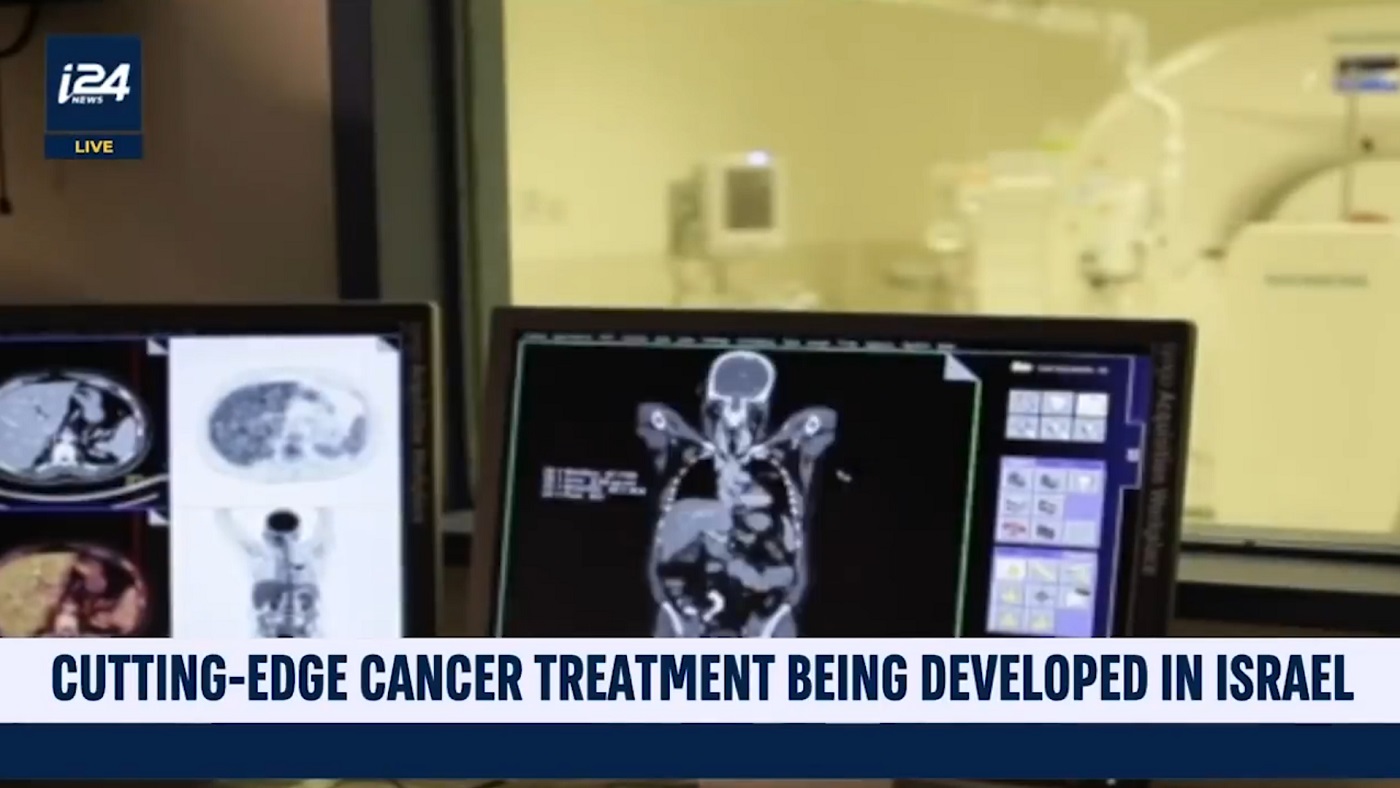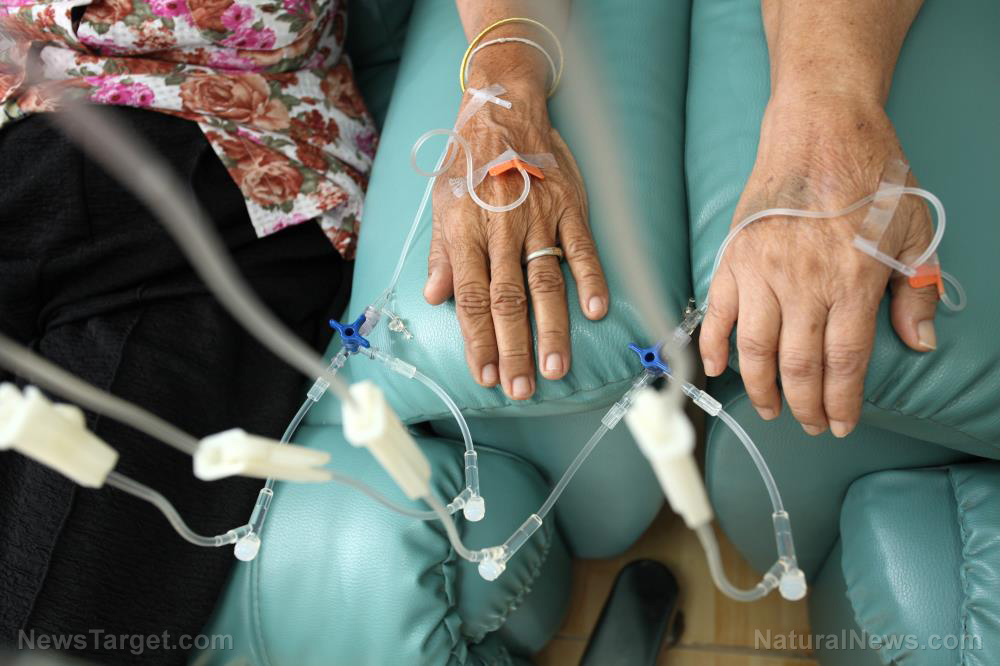Too much testing is dangerous: Prostate cancer screening does NOT save lives, puts men at risk according to groundbreaking study
03/30/2018 / By Lance D Johnson

Routine cancer screening is notorious for giving false positives, leading to unnecessary diagnoses for benign cancers. False diagnoses for prostate cancer are commonplace, and they devastate patients emotionally. When someone is told they have cancer they are often stricken with anxiety. The false diagnosis also leads to an aggressive, expensive, and many times deadly treatment protocol consisting of chemotherapy, radiation, and surgery. Significant complications may result too, including incontinence and impotence. Those who survive the unnecessary treatment protocol are often told they are cancer-free, making the unnecessary testing and treatment protocol appear effective when it was really just an expensive scam.
Regular screening for prostate cancer for men over fifty years old may also miss the more serious cancers, leaving patients with a false sense of assurance in their own health. Too much testing is an emotional danger, either burdening patients with a false diagnosis or leading them on a course where nothing is done to improve their health even when there are real cancer conditions inside their body.
A study conducted by Cancer Research U.K. investigated the outcomes for all men over fifty who had undergone prostate specific antigen tests (PSA) and compared the outcomes to men who underwent no prostate cancer screening. The death rate for the regularly tested was no different than the death rate for those who didn’t get a prostate exam at all!
The researchers said the testing actually puts men at risk. They warn that symptomless men who submit to the one-off blood test could be given a false diagnosis because the screening detects tumors that aren’t harmful. They also warned the screening can completely miss tumors that could turn out to be fatal.
“Overdiagnosis of prostate cancer likely kills thousands of men each year from unnecessary but toxic treatment interventions that harm the health of the heart, brain and kidneys,” warns Mike Adams, the Health Ranger, publisher of Medicine.news and noted food scientist. “The scourge of overdiagnosis stems from the lack of any real economic incentive for the cancer industry to follow standards of accuracy or quality control when it comes to diagnosing cancer,” Adams adds. “In fact, it is in the economic interests of cancer clinics to render as many false positive as possible, then use the false test results to terrorize patients into submitting to risky cancer interventions that financially benefit the very same clinics carrying out the fraudulent diagnoses.”
PSA tests do not save lives, but they do generate enormous revenues for cancer treatment clinics
The researchers studied 400,000 British men between the ages of 50 and 69 during a ten year follow-up period. The control group, representing 219,439 men, were not screened and had 7,853 cases of prostate cancer (3.6 percent). The 189,386 men who were invited for a PSA test were diagnosed more frequently (4.3 percent). In the follow up period, the same percentage died from prostate cancer (.29 percent), suggesting that PSA screening does not save lives and only leads to dangerous over-treatment.
Lead author Professor Richard Martin, a Cancer Research U.K. scientist at the University of Bristol said, “We found offering a single PSA test to men with no symptoms of prostate cancer does not save lives after an average follow up of 10 years.”
“The results highlight the multitude of issues the PSA test raises – causing unnecessary anxiety and treatment by diagnosing prostate cancer in men who would never have been affected by it and failing to detect dangerous prostate cancers,” Professor Martin iterated.
Getting a PSA test done to determine if there is cancer in the prostate is like trying to perform surgery with a blunt rock. The PSA test is not precise and does not distinguish between the types of cancer that are aggressive and those that are not. The PSA test utilizes a blood test to track down a protein that is produced by a gland that is implicated if there is cancer. If the test detects a high level of the protein, the test comes back positive for cancer, even though there is no solid evidence of an aggressive tumor. The test is vague, depending on an unreliable biomarker.
The researchers are calling for better ways to detect prostate cancer, but the new research could be heading down the wrong path. Current research is looking into genetic tests to identify patients who might be more likely to develop prostate cancer. This method, too, will subject many men to unnecessary treatments, all out of fear that their genetics will cause cancer in the future.
The answer for many may come down to ignoring the need for cancer screening and instead preventing cancer through self assured means, such as eating anti-cancer super foods such as saw palmetto and avoiding chemicals that interfere with the glands, hormones, and reproductive system. A three part plant-based treatment has been documented for healing prostate cancer. It includes ursolic acid from apple peels, curcumin from turmeric, and resveratrol from red grapes. Men must learn to save their own lives instead of depending on medical professionals to tell them how healthy they are. Routine tests subject a man to being a victim of the system’s false diagnosis scam and overzealous treatment methods.
For more on cancer research, visit Cancer.News.
Sources include:
Tagged Under:



















